Downturn prep includes anticipating
future conflicts
21 NOVEMBER 2019 8:00 AM
As the hotel industry prepares itself for a downturn, hotel owners should be prepared for conflict with brands, lenders and
managers.
Most people don’t see all the obstacles a hotel owner faces once their hotel revenues start declining. If the next travel recession strikes or new hotel
competitors enter the market, cash flows fall, and tensions rise.
This is particularly true for overleveraged hotels or those with balloon maturities. So, as this incredible hotel 11-year up-cycle begins to slow, the wise owner
will not solely rely on their management company but will rather seek independent advice in advance of a default.
Hotels really are a different animal—some may say, a bird, as the “Peacock” diagram below illustrates.
It’s easy to see just how many facets/constituents the owner has to communicate and interact with, and this is especially true with the lender. Knowing that
cash flows will be insufficient relative to hotel debt service or to pay off the loan at maturity is the first step.
Opinions
By James Fitzgerald
Copyright © 2008-2019 STR, Inc. Page 1 / 2
It’s easy to see just how many facets/constituents the owner has to communicate and interact with, and this is especially true with the lender. Knowing that
cash flows will be insufficient relative to hotel debt service or to pay off the loan at maturity is the first step.
An experienced hotel consultant will focus on the financial interests of ownership, cutting through the sometimes-conflicting interests of the “constituents.”
Failing to interact appropriately with just one of the constituents could ultimately lead to bankruptcy.
The goal of the financial consultant, for example, is finding an alignment between the brand, the lender and the manager. Let’s dive into some scenarios.
Owner vs. brand
Let’s say your property is struggling to meet debt service. Allowing the brand to implement a large property improvement plan would be considered
conflicting interests, and no one ends up satisfied.
Keep in mind: Objectively analyze those PIP items that provide a return on investment and negotiate with the brand to lessen or delay the scope of capital
expenditures.
Owner vs. lender
What would happen if you lost your hotel to foreclosure? Ownership would go to the lender, and I’m sure that’s the last thing you would want to experience.
The solution: As the owner, start by seeking advice early in the process to make recommendations on how to improve cash flow and to communicate a plan
of action to the lender, which may involve modifying the terms of the hotel loan.
Owner vs. manager
Yet another conflict that could easily occur would be between the manager and the owner. We have all read about luxury hotels that refused to adjust
staffing or food and beverage offerings, despite dwindling cash flows.
The solution: An advisor can be the middleman between owner and manager to collaboratively reach an agreement on how to adjust certain operations to
avoid financial deficits without significantly affecting the guest experience. Everyone ends up happy!
How to increase hotel profits in the short term
Still waiting on an increased cash flow? Sit tight, it could take up to two years to see improvements even when interactions with the different constituents
have been improved.
In the meantime, it is imperative for the owner to receive objective advice on the likelihood of future cash flows, from bankruptcy to success. Possible
scenarios include:
The franchisor may have to lower its royalty fee, while the management company lowers its base fee.
The lender may amend the loan terms, perhaps going interest-only or accruing interest payments.
A new equity partner may be brought in with fresh capital in return for a long-term share of the ownership. This would give the lender confidence that
there is “skin in the game” and the owner will not be “handing over the keys.”
Each situation is different and requires objectivity, wisdom and negotiating skills.
An objective, disinterested third party can analyze the market, assess the hotel’s competitive position and recommend the optimal capital structure, among
other services. A collaborative solution usually can always be reached.
But the advisory process must begin early on, before debt service payments are missed. Lenders despise surprises. So take action before debt service
payments are missed.
James E. Fitzgerald is the founder of Dauntless Hospitality Advisors, LLC, a Dallas based hotel advisory firm with deep and multifaceted industry expertise. Dauntless, which is synonymous with
fearlessness and resolve, is directed by Mr. Fitzgerald, a hotel industry veteran with over 35 years of experience and a graduate of Cornell University. Mr. Fitzgerald has played key roles in hospitality
consulting, corporate finance, and development with Principal Real Estate Investors, KPMG, AIG, and Marriott Corporation. He is a member of Cayuga Hospitality Consultants, International Society
of Hospitality Consultants (ISHC), the Cornell Hotel Society, and the Waldorf-Astoria Distinguished Alumni.
The opinions expressed in this column do not necessarily reflect the opinions of Hotel News Now or its parent company, STR and its affiliated companies. Bloggers published on this site are given the
freedom to express views that may be controversial, but our goal is to provoke thought and constructive discussion within our reader community. Please feel free to comment or contact an editor with
any questions or concern.
Copyright © 2008-2019 STR, Inc. Page 2 / 2

